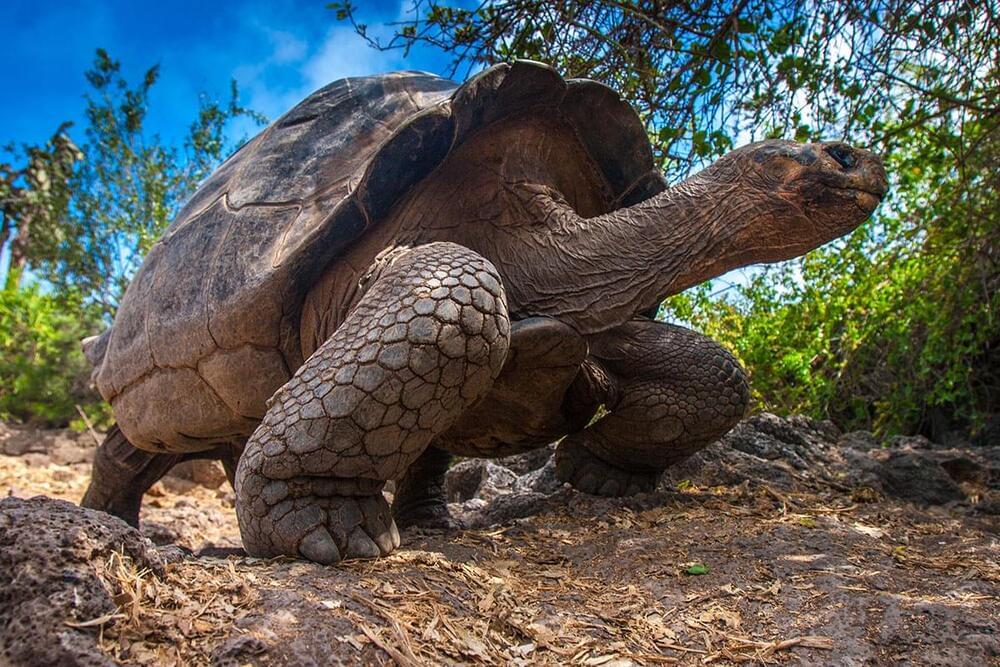Aging is a common phenomenon among organisms, however, lifespan tends to vary across different species to a significant extent among vertebrates themselves. Aging occurs due to the gradual increase in DNA damage, disruption of cellular organelles, deregulation of protein function, disrupted metabolism and oxidative stress [1].
Longevity. Technology: The differences in lifespan are driven by trade-offs and evolutionary trajectories in the genomes of organisms. Age-specific selection also impacts allele (variations of a gene) frequencies in a population. This in turn impacts environment-specific mortality risk and disease susceptibility. Moreover, mutational processes are influenced by life history and age in both somatic and germline cells.
Now, a new review published in Trends in Genetics discusses recent advances in the evolution of aging at population, organismal and cellular scales.
